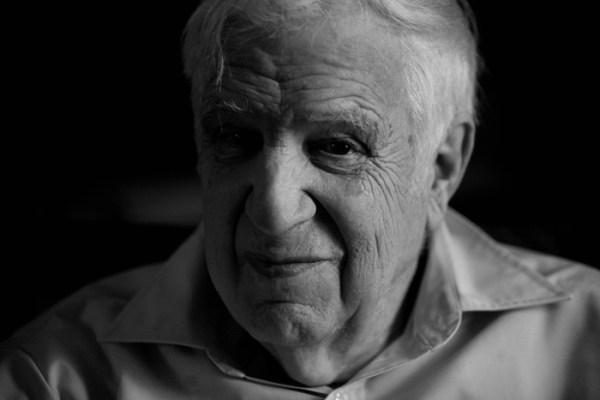Roger Lee Easton, Sr., the father of GPS and pioneer of modern day navigation, died May 8 at his New Hampshire home, according to BusinessWire.
After attending Middlebury College and the University of Michigan, Easton began work as a physicist in 1943 in the U.S. Naval Research Lab in Washington, D.C., where he would spend the rest of his 37-year career.
In 1955, he had a part in writing the proposal for the Vanguard Project, which was a satellite program for the International Geophysical Year. Easton was also part of the design team for the satellite itself. From his work there, he went on to design a system called Minitrack, which tracked various Earth-orbiting objects.
But he ran into an issue: the timing of the tracking stations wasn’t synchronized, leading to problems with tracking. So Easton had the idea to put highly accurate clocks in multiple different satellites, which would then be able to accurately determine the precise location of someone on the ground.
Initially, he called the system Timation, short for Time-Navigation. Eventually, the Department of Defense adopted a number of features from the time-based nav system and re-named it the Global Positioning System in the early 1970s.
Easton held 11 United States patents, was inducted into the American Philosophical Society, won the National Medal of Technology in 2004 and was inducted into the National Inventor’s Hall of Fame in 2010.
Easton retired from the Naval Research Labratory, where he was Head of the Space Applications Branch, in 1980 and moved to Canaan, New Hampshire where he continued improving GPS technology. He served two terms in the N.H. legislature and ran for governor in the primary election of 1986, losing out in the end.
Easton is responsible for many of the modern conveniences we enjoy today, including the option to not retain any geographical information whatsoever.
RIP, Mr. Easton, and thank you for everything.
